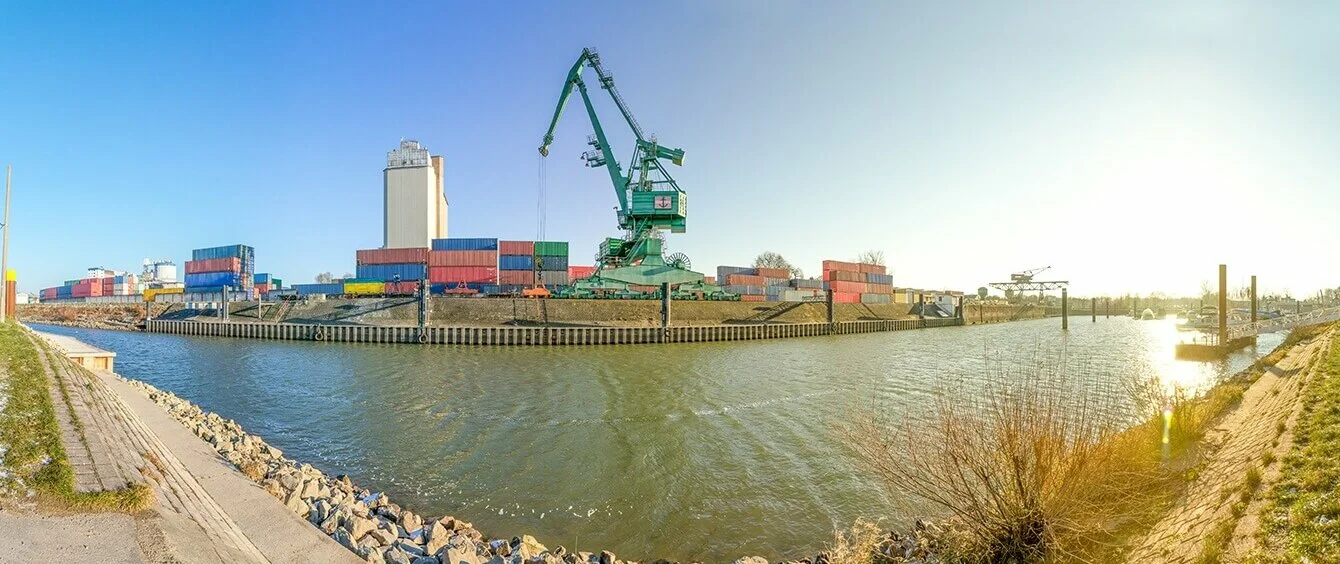Liquefied natural gas, known as LNG for short, is a fuel that has great potential to help slash CO2 emissions. To realise this potential, a functioning infrastructure for storage and distribution must be in place.
When used as a fuel, natural gas generates significantly lower emissions of carbon dioxide, nitrogen dioxide, sulphur dioxide and particulates compared to gasoline or diesel. For passenger vehicles, there is now a network of filling stations supplying natural gas, allowing individuals and vehicle fleet operators to enjoy the environmental advantages of this fuel source. Natural gas is also an attractive fuel for heavy goods transport, but larger amounts of fuel are needed for these applications. Liquefied natural gas (LNG) is natural gas which is transformed into a liquid state by cooling it down to -161 °C. This causes the natural gas to contract massively: liquefied natural gas only occupies about 1/600 of the space it does in gaseous form. This makes it possible to transport large amounts of natural gas and opens up LNG as an option for lorries and even ships. In the past, however, the network of LNG filling stations was not very well developed.
Landmark project in Germany at the Port of Duisburg
Since January 2018, the Port of Duisburg has played a pioneering role in developing a sustainable LNG filling infrastructure in Germany. Benefiting from EUR 740,000 in subsidies from the European Fund for Regional Development, Duisburger Hafen AG is working with RWE Supply & Trading and the University of Duisburg Essen to build a mobile LNG filling station at the Port of Duisburg. Additionally, two cargo handling units are being retrofitted from diesel to LNG. These will subsequently be tested in a demonstration under real conditions.
With its multi-modal strategy, this project lays the foundation for sustainable mobility at this landmark location in the Port of Duisburg. Andree Stracke, Head of RWE Supply & Trading
The project is slated to run for 29 months, with a focus on studying LNG technology and developing a long-term business model for the use of LNG as a fuel.
In addition to a significant reduction in CO2 emissions, thanks to using LNG, Europe’s largest inland harbour will also benefit economically. Andree Stracke, head of RWE Supply & Trading, whose responsibilities include the gas business, is also thrilled with the result: “With its multi-modal strategy, this project lays the foundation for sustainable mobility at this landmark location in the Port of Duisburg.”
Photo credits: LaMiaFotografia, shutterstock.com
